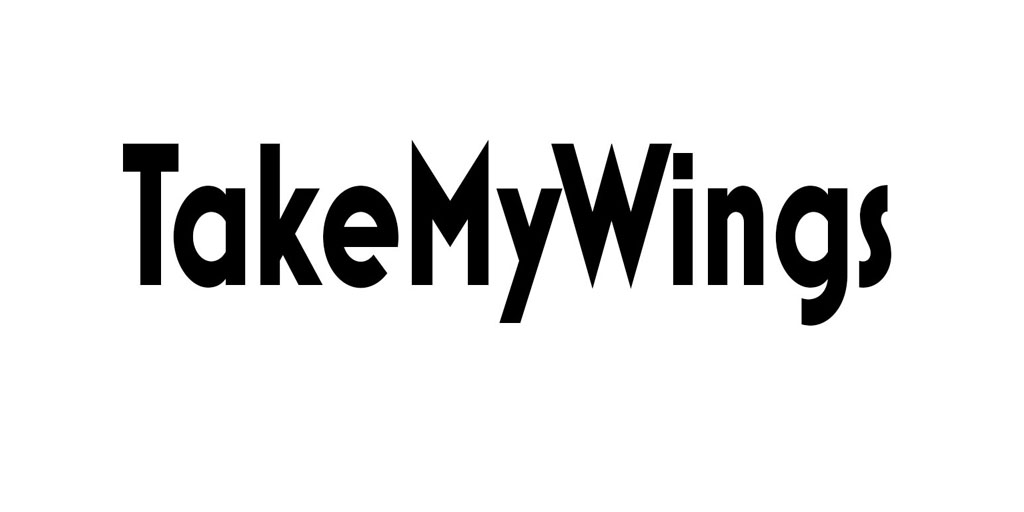COP26 has put into razor sharp focus the need for businesses to take action to help the world “keep 1.5 alive”. But is Carbon Tunnel Vision preventing SME’s making 2022 the year for implementing more sustainable business practises?
Just thinking about reducing carbon emissions, or even achieving net zero itself, can be overwhelming for an SME. Considering how to overhaul business practices is a daunting prospect. Even though in principle, we would all like to have a more sustainable business, it seems costly, time consuming and likely to slip down the priority list. With pressures from the pandemic and a sluggish economy, making changes becomes a task for the future, when there is more time, resources and budget…. potentially.
However, looking beyond just carbon emissions might help find solutions. There are many easy wins that everyone in an organisation can start doing today. These are likely good first steps on the journey to becoming a more sustainable business. Many of them are free or low cost/ low effort, focusing on cultural change. In some cases they start with just conversations. Together these changes become greater than the sum of their parts, involve everyone in the change, and are much easier to do first.
“Carbon tunnel vision” a phrase coined by Jan Konietzko of Cognizant. It’s about thinking beyond our carbon emissions, which are only part of the wider picture of sustainability, but get all the attention. If we include all aspects of sustainability into our business practices, it enables us to get started right now. It can save money in the long term as well as creating happier, healthier organisations.
This quote really sums it up for me: ”If we achieve net-zero emissions yet overlook human rights, or fail to safeguard biodiversity, what will this mean for the wellbeing of people and planet?” (Jenson, 2021).


At Make CIC we have made several changes over the last few years that have enabled us to create a wider culture change within our organisation. It’s not just with staff. It involves customers, suppliers, contractors, beneficiaries… all are part of that change. For context, we are a small social enterprise running several creative hubs in the Liverpool City Region. We have very limited budgets and resources, which has, in the past, prevented us from making significant reductions in our carbon emissions. We know there is more we can do and we are constantly learning, but here’s some of what we have managed so far despite financial constraints:
Free things
- Encouraging and supporting members of our staff to travel to work by public transport, bicycle or even e-scooter.
- Dedicating work time to researching, resulting in changes such as now using recyclable packaging for our products.
- Working with LJMU Low Carbon Eco Inventory programme to help us plan more sustainable buildings.
- Joining Shift Liverpool – a sustainability network for cultural organisations in the Liverpool City Region.
- Including staff in the development of our climate manifesto, so we can improve and generate further ideas.
- Supporting and promoting local independent businesses, in particular those who commit to environmental sustainability.
- Joining the Circular Economy Club Liverpool City Region.
- Sending all customers info on how to reach us via public transport ahead of their visits.
Cheap things
- Partnering with Compost Works to build food waste composters to collect waste from staff, on-site cafes, tenants and customers.
- Running composting training for the compost users & wider residential and business community to get involved.
- Requesting recycling bins from our waste disposal operator and training/compelling tenants to dispose correctly.
- Turning our car park into a seating area with planters to reduce customer car use, create green space and improve biodiversity.
Larger/ long term things
- We partnered with Farm Urban and used funding from the Community Environment Fund to build hydroponic food growing systems at Make Hamilton Cafe, as part of an educational course for people from the local community.
- We built a community garden at Make Hamilton which grows produce to sell in our café as dried herbal teas and garnish
- We built a commission for Arup to take to Cop-26 using hyper-local supply chain and local workforce.
- Designing our future hubs to focus on environmentally sustainable business practices – focusing on the way we live and work, not just reducing the impact of what we do now. More news on this in 2022!
This is just the start for Make CIC, we know there is more we can do and we’re committed to looking beyond carbon to achieve this. By introducing new concepts and changing things gradually, our whole organisation is enthusiastic and motivated to do more. Here are a few ideas for where you can start/ continue your journey:
As Employees
- Bring a packed lunch to work
- Use reusable coffee cups/ water bottles
- Reduce single use plastic
- Reduce car use over time to and from work by car sharing, using public transport, walking or cycling where possible
- Source equipment/ materials/ ingredients/ services from local suppliers
- Research more sustainable materials / ethical suppliers
- Buy goods in bulk to minimise transport
- Sign up for carbon literacy training
As Employers
- Set up a community compost bay to collect all food waste –
- Request a recycling bin from your waste disposal operator
- Join the bike to work scheme to enable employees to purchase a bike
- Reward customers for sustainable behaviours e.g. using sustainable transport to travel to you, bringing reusable cup etc (depending on the business)
- Offer incentives to staff for environmentally conscious behaviours
- Switching to an ethical bank e.g. Triados, Co-op
- Join a local sustainable business network e.g. Shift Liverpool
- Encourage staff to volunteer for local environmental projects
- Plant trees in unused outdoor spaces around premises
Further information:
Get in touch with rosie@makecic.org for more info on Make CIC’s sustainability journey
Further reading on carbon tunnel vision:
https://environment-analyst.com/global/107463/expert-opinion-avoiding-carbon-tunnel-vision
https://www.businessleader.co.uk/avoiding-carbon-tunnel-vision-action-on-climate-change-needs-an-inter-connected-response/
Interested in setting up a compost bay?
- Get in touch with Minna at Compost Works: info@compostworks.co.uk











